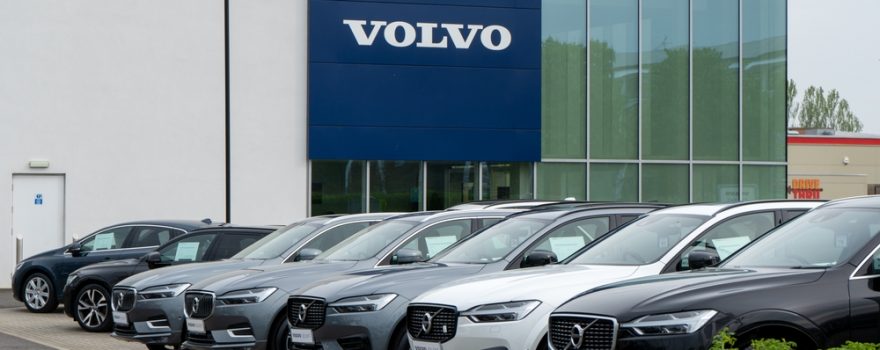
Volvo Car AB has marked the end of an era by unveiling its last diesel-powered vehicle, signaling a decisive shift towards electric mobility. The Swedish automaker, renowned for its commitment to sustainability, rolled out the final model, the Volvo XC90, at its plant in Torsland, Sweden. This move aligns with Volvo’s ambitious goal to exclusively produce electric cars by 2030.
Eric Severinson, Volvo Car’s head of new cars and operational strategy, expressed confidence in the transition, stating, “We are confident that even without diesel, we have very good offers for customers.” This decision comes amidst a backdrop of declining global demand for battery-powered vehicles, prompting strategic reassessments across the automotive industry.
While Volvo steers towards an all-electric future, other automakers remain cautious about committing to similar timelines. Mercedes-Benz Group AG recently adjusted its sales forecasts, reflecting a slower uptake of electric vehicles than initially anticipated. Similarly, Audi has scaled back its electric vehicle initiatives.
Volvo’s commitment to sustainability dates back to 2017, when it became the first major automaker to announce plans to phase out fossil fuel-powered vehicles. Since then, Volvo has introduced a range of hybrid and all-electric models, positioning itself as a leader in green mobility.
The XC90, a cornerstone of Volvo’s resurgence since 2014, symbolizes the brand’s evolution under Geely’s ownership. The company will exhibit the final XC90 at the Volvo Museum in Gothenburg, celebrating its legacy in automotive history. Notably, the XC90 has an electric counterpart, the EX90, exemplifying Volvo’s dedication to electrification.
Diesel, once touted as a cleaner alternative to gasoline, has faced a steep decline in demand following the 2015 Volkswagen emissions scandal. In contrast, electric vehicle manufacturers are grappling with market challenges, including subsidy cuts and intensified competition.
To navigate this landscape, Volvo Car is streamlining operations and redirecting resources towards electric mobility. Despite discontinuing diesel production, the company remains committed to supporting existing diesel customers, ensuring access to parts and services.
Severinson emphasized Volvo’s long-term vision for sustainable mobility, asserting, “We believe our customers see the transition to green mobility as much as we do.” As Volvo bids farewell to diesel, it embraces a future defined by innovation, sustainability, and electrification.
Source: Bloomberg

 Get in Touch
Get in Touch 


